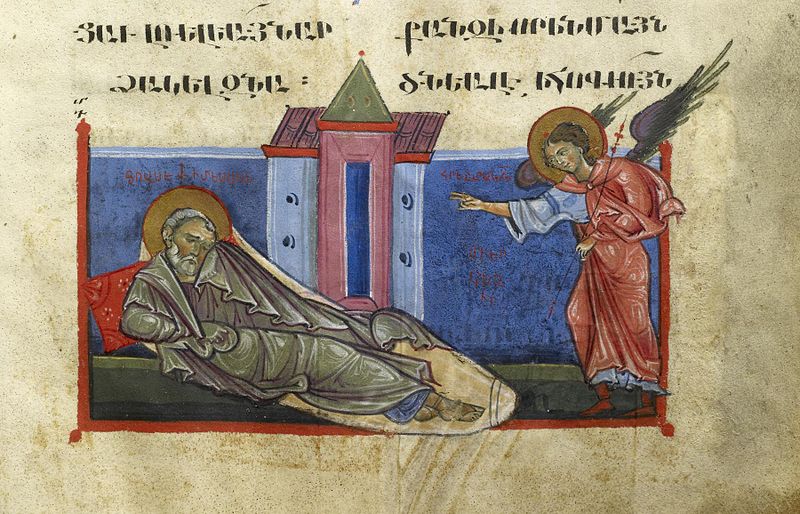I find myself struggling to sit with this parable. As if silence and stillness aren’t difficult enough, the parable is too familiar and my interest wanes. Moreover, my soul is anxious at the thought that God might actually speak truth into my life. I’ll be honest, it terrifies me. Yet, I know God loves me so I must dive into the deep.
What jumps out at me is the prodigal’s distance. We’re all guilty of being far from God from time to time. We writhe in jealousy, we cling to plans, we pride ourselves in our good works, or we consent to serious mortal sin.
I’ve been far from God on multiple occasions. Sometimes, to my chagrin, I’ve walked very far from God. I know this is why it pains me to read this parable. I’ve gone to confession, amended my life, sought spiritual direction, prepared speeches to the Father, yet the thought that I squandered my heavenly inheritance, and even worse, turned my back on my best friend Jesus, kills me.
Oh, my Jesus, what do you say? “While he was still a long way off, his father caught sight of him, and was filled with compassion. He ran to his son, embraced him and kissed him.” Luke 15:20.
That’s what I was afraid of. The overwhelming power of God’s mercy. It is too big for me to contain but it’s exactly what my broken heart and memory needs. My heart yearns to receive His all encompassing love and tenderness. He knows me and I know my Beloved. He knows that I long to be wrapped in garments of His affection and bedecked with his claim over me. I know He is the Father of love and He never takes His eyes off of me.
I don’t know if you’ve ever been far from God, I pray not for your sake. If so, I hope you muster the courage to sit and receive this Gospel. Receive God’s mercy in full. If you have not, is there someone in your life who needs a return to the Father’s heart? Would you be brave and extend the merciful embrace of the Father to them?
Me cuesta mucho aceptar esta parábola. Como si el silencio y la quietud no fueran lo suficientemente difíciles, la parábola me resulta demasiado familiar y mi interés se desvanece. Además, mi alma se pone ansiosa ante la idea de que Dios pueda realmente decir la verdad en mi vida. Voy a ser honesta, esto me aterroriza. Sin embargo, sé que Dios me ama, así que debo sumergirme profundamente en ello.
Lo que me llama la atención es la distancia del hijo pródigo. Todos somos culpables de estar lejos de Dios de vez en cuando. Nos llenamos de celos, nos aferramos a los planes, nos enorgullecemos de nuestras buenas obras o nos permitimos cometer un pecado mortal grave.
He estado lejos de Dios en múltiples ocasiones. A veces, para mi disgusto, me he alejado mucho de Dios. Sé que es por eso que me duele leer esta parábola. Me he confesado, he enmendado mi vida, he buscado dirección espiritual, he preparado discursos para el Padre, pero el pensamiento de que he desperdiciado mi herencia celestial y, peor aún, que le he dado la espalda a mi mejor Amigo Jesús, me mata.
Oh, Jesús mío, ¿qué dices? “Estaba todavía lejos, cuando su padre lo vio y se enterneció profundamente. Corrió hacia él, y echándole los brazos al cuello, lo cubrió de besos.” (Lucas 15,20)
Eso era lo que temía. El poder abrumador de la misericordia de Dios. Es demasiado grande para yo poder contenerlo, pero es exactamente lo que mi corazón y mi memoria quebrantados necesitan. Mi corazón anhela recibir Su amor y ternura que todo lo abarcan. Él me conoce y yo lo conozco a mi Amado. Sabe que anhelo estar envuelta en las vestiduras de Su afecto y adornada con Su derecho sobre mí. Sé que es el Padre de amor y nunca quita Sus ojos de mí.
No sé si alguna vez has estado lejos de Dios, ojalá que no, pero si es así, espero que tengas el valor de sentarte y recibir este Evangelio. Recibe la misericordia de Dios en su plenitud. Si no es así, ¿hay alguien en tu vida que necesite volver al corazón del Padre? ¿Podrías ser valiente y extenderle el abrazo misericordioso del Padre?
 Former NPS Park Ranger, Catholic educator, and Youth Minister, Melissa Lucca now spends her days evangelizing family and neighbors as a stay-at-home mom. She holds an MA in Theology from the Augustine Institute and pursues personal study in her spare time. Melissa loves Ignatian Spirituality, Mother Mary, and rock climbing. If you don’t hear her and her kiddo laughing at home, then they are probably out on an adventure!
Former NPS Park Ranger, Catholic educator, and Youth Minister, Melissa Lucca now spends her days evangelizing family and neighbors as a stay-at-home mom. She holds an MA in Theology from the Augustine Institute and pursues personal study in her spare time. Melissa loves Ignatian Spirituality, Mother Mary, and rock climbing. If you don’t hear her and her kiddo laughing at home, then they are probably out on an adventure!
Feature Image Credit: Rembrant, wikimedia.org/wikipedia/commons/thumb/5/53/Rembrandt-The_return_of_the_prodigal_son
The views and opinions expressed in the Inspiration Daily blog are solely those of the original authors and contributors. These views and opinions do not necessarily represent those of Diocesan, the Diocesan staff, or other contributors to this blog.
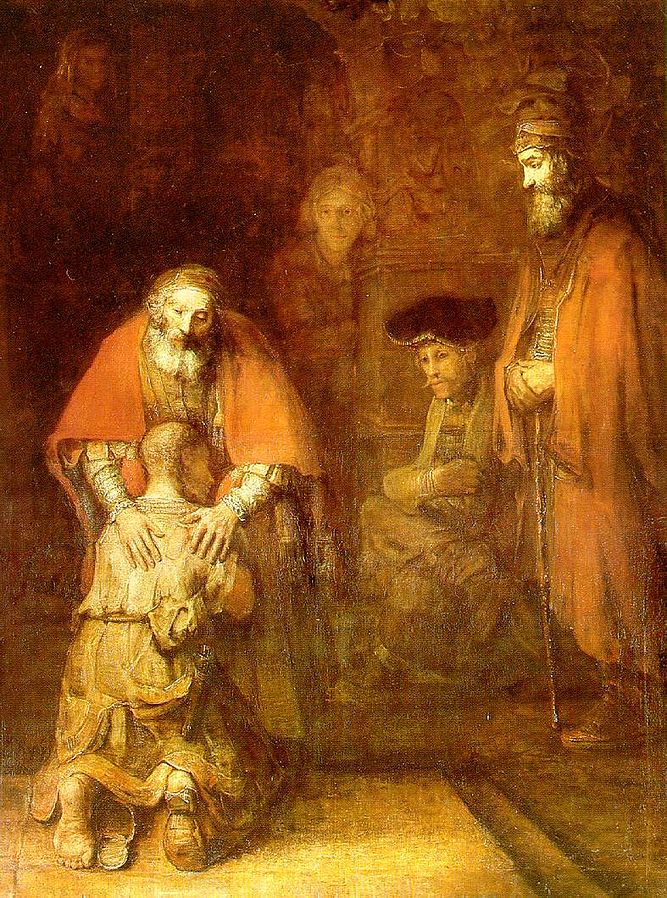

 Dr. Alexis Dallara-Marsh is a board-certified neurologist who practices in Bergen County, NJ. She is a wife to her best friend, Akeem, and a mother of four little ones on Earth and two others in heaven above.
Dr. Alexis Dallara-Marsh is a board-certified neurologist who practices in Bergen County, NJ. She is a wife to her best friend, Akeem, and a mother of four little ones on Earth and two others in heaven above.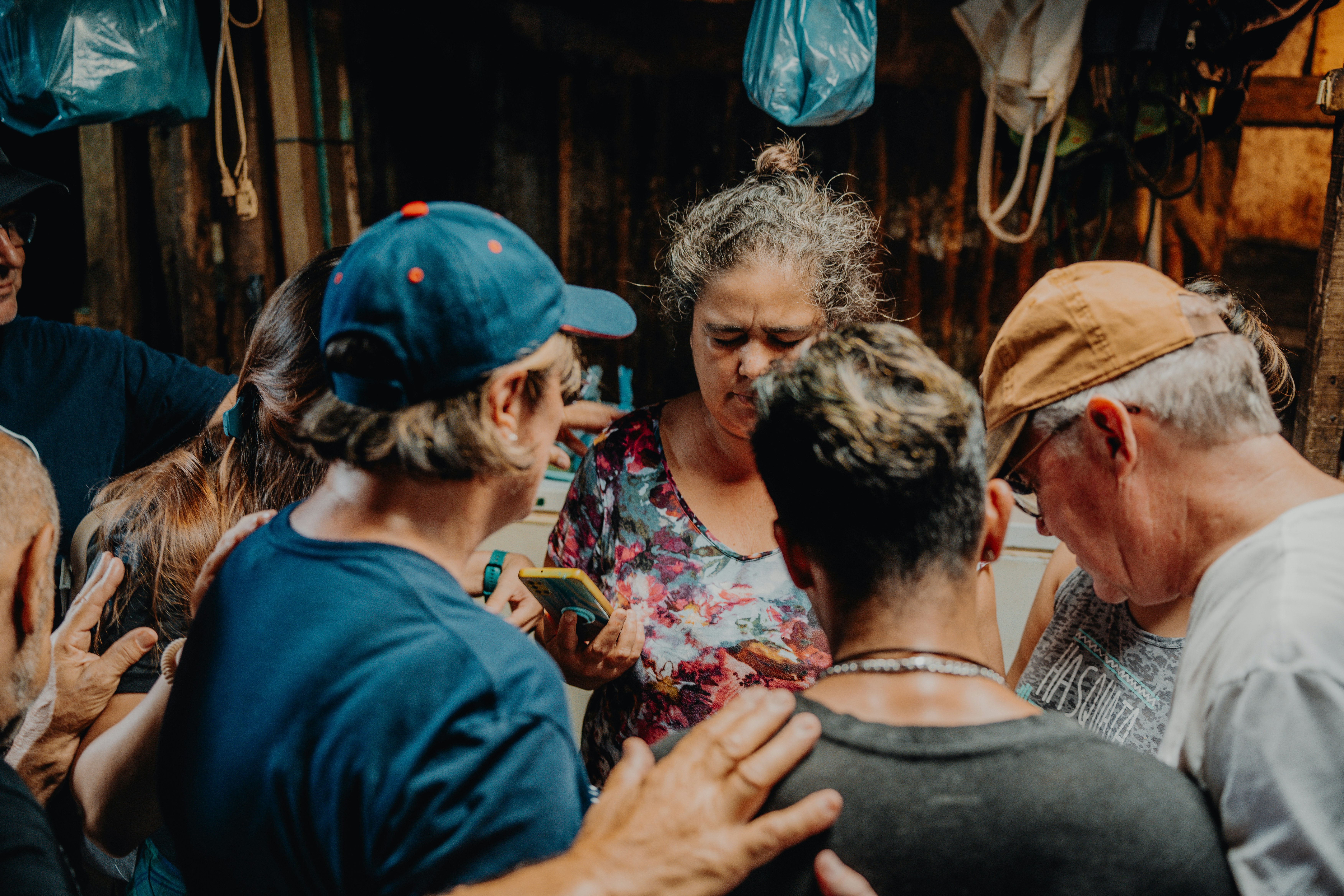
 Tami Urcia is a midwestern gal from a large Catholic family. As a young adulthood she was a missionary in Mexico, where she studied theology and philosophy. After returning stateside bilingual, she gained a variety of work experience, traveled extensively and finished her Bachelor’s Degree at Brescia University. She loves organizing and simplifying things, watching her children play sports, deep conversations with close family and friends and finding unique ways to brighten others’ day with Christ’s love. She works full time at Diocesan in the Software Department and manages the Inspiration Daily reflections. She is also a guest blogger on
Tami Urcia is a midwestern gal from a large Catholic family. As a young adulthood she was a missionary in Mexico, where she studied theology and philosophy. After returning stateside bilingual, she gained a variety of work experience, traveled extensively and finished her Bachelor’s Degree at Brescia University. She loves organizing and simplifying things, watching her children play sports, deep conversations with close family and friends and finding unique ways to brighten others’ day with Christ’s love. She works full time at Diocesan in the Software Department and manages the Inspiration Daily reflections. She is also a guest blogger on 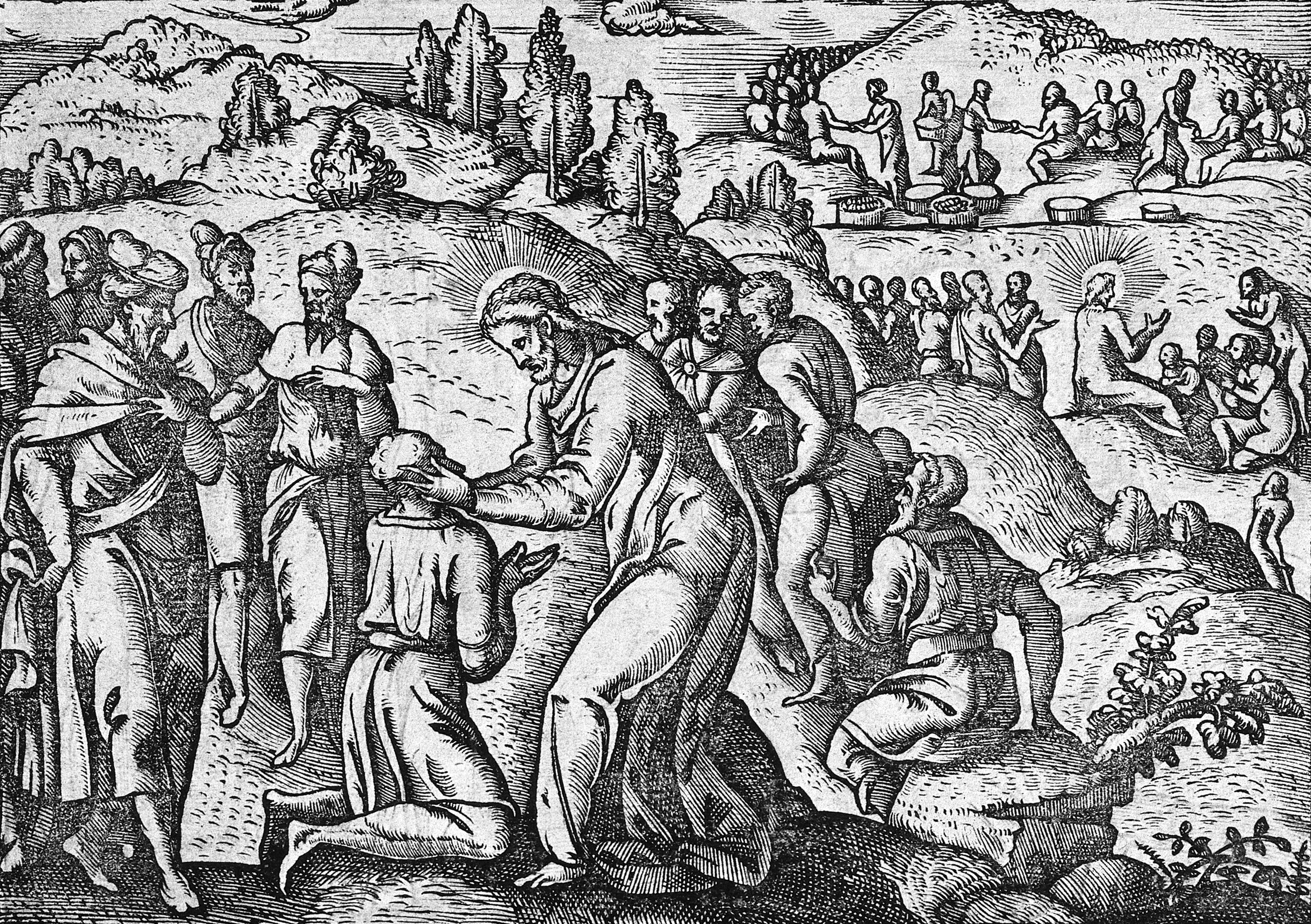
 Deacon Dan Schneider is a retired general manager of industrial distributors. He and his wife Vicki have been married for over 55 years. They are the parents of eight children and thirty-one grandchildren. He has a degree in Family Life Education from Spring Arbor University. He was ordained a Permanent Deacon in 2002. He has a passion for working with engaged and married couples and his main ministry has been preparing couples for marriage.
Deacon Dan Schneider is a retired general manager of industrial distributors. He and his wife Vicki have been married for over 55 years. They are the parents of eight children and thirty-one grandchildren. He has a degree in Family Life Education from Spring Arbor University. He was ordained a Permanent Deacon in 2002. He has a passion for working with engaged and married couples and his main ministry has been preparing couples for marriage.
 Pamela Kavanaugh is a grateful wife, mother, and grandmother who has dedicated her professional life to Catholic education. Though she has done her very best to teach her students well in the subjects of language and religion, she knows that she has learned more than she has taught. She lives, teaches, and writes in southwest suburban Chicago.
Pamela Kavanaugh is a grateful wife, mother, and grandmother who has dedicated her professional life to Catholic education. Though she has done her very best to teach her students well in the subjects of language and religion, she knows that she has learned more than she has taught. She lives, teaches, and writes in southwest suburban Chicago.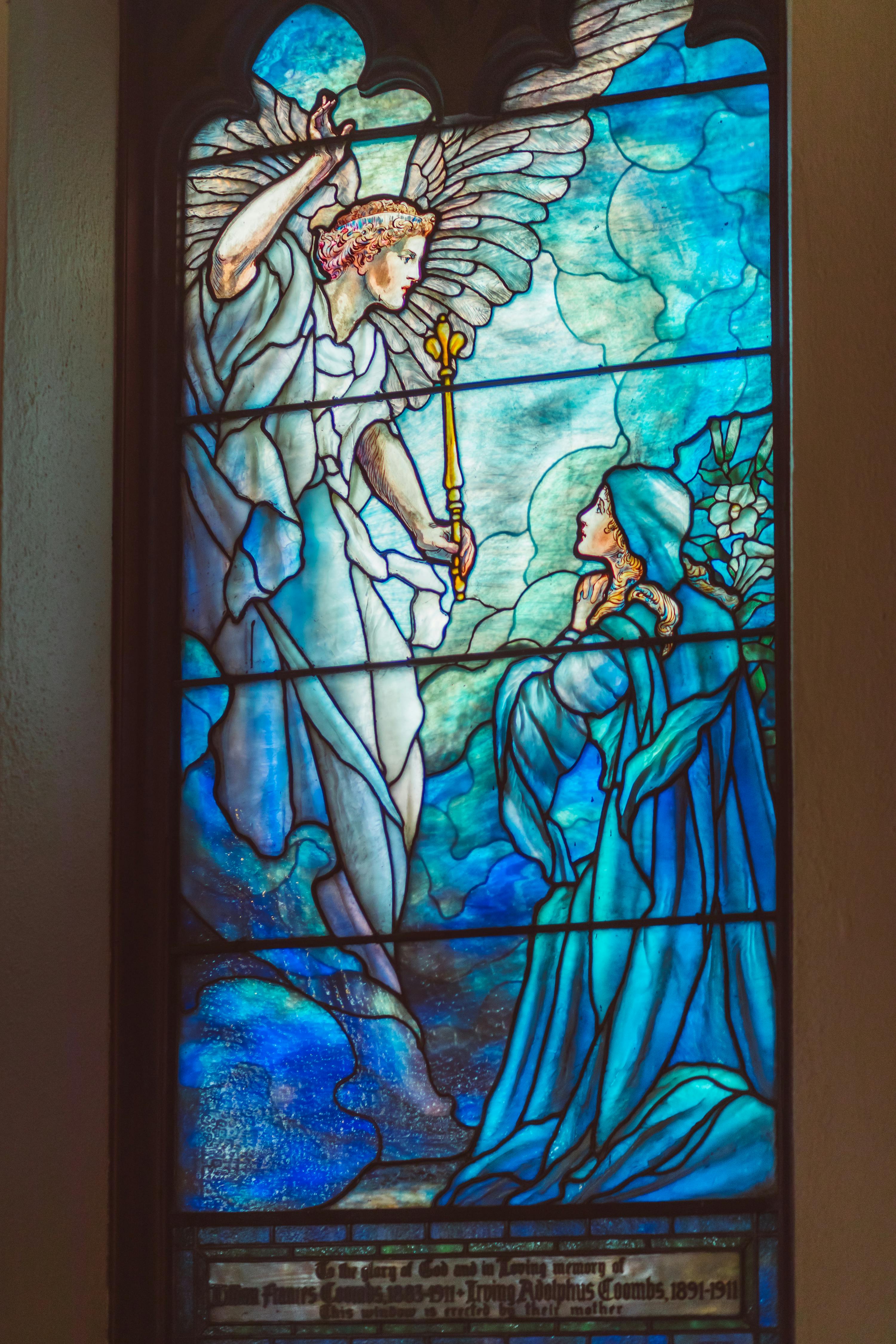
 Kathryn Mulderink, MA, is married to Robert, Station Manager for Holy Family Radio. Together they have seven children (including Father Rob), and eleven grandchildren. She is President of the local community of Secular Discalced Carmelites and has published five books and many articles. Over the last 30 years, she has worked as a teacher, headmistress, catechist, Pastoral Associate, and DRE, and as a writer and voice talent for Catholic Radio. Currently, she serves the Church by writing and speaking, and by collaborating with various parishes and to lead others to encounter Christ and engage their faith. Her website is
Kathryn Mulderink, MA, is married to Robert, Station Manager for Holy Family Radio. Together they have seven children (including Father Rob), and eleven grandchildren. She is President of the local community of Secular Discalced Carmelites and has published five books and many articles. Over the last 30 years, she has worked as a teacher, headmistress, catechist, Pastoral Associate, and DRE, and as a writer and voice talent for Catholic Radio. Currently, she serves the Church by writing and speaking, and by collaborating with various parishes and to lead others to encounter Christ and engage their faith. Her website is 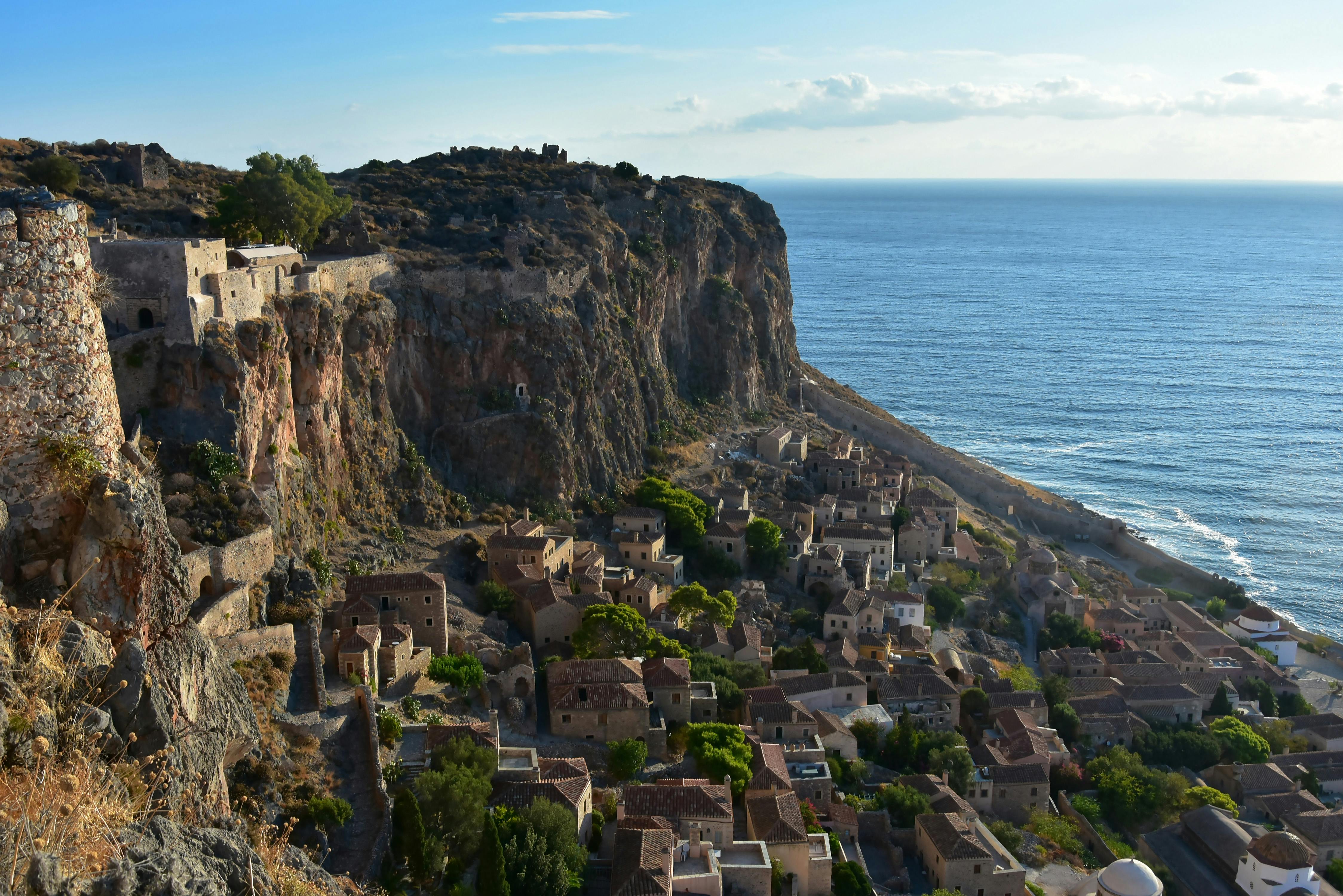
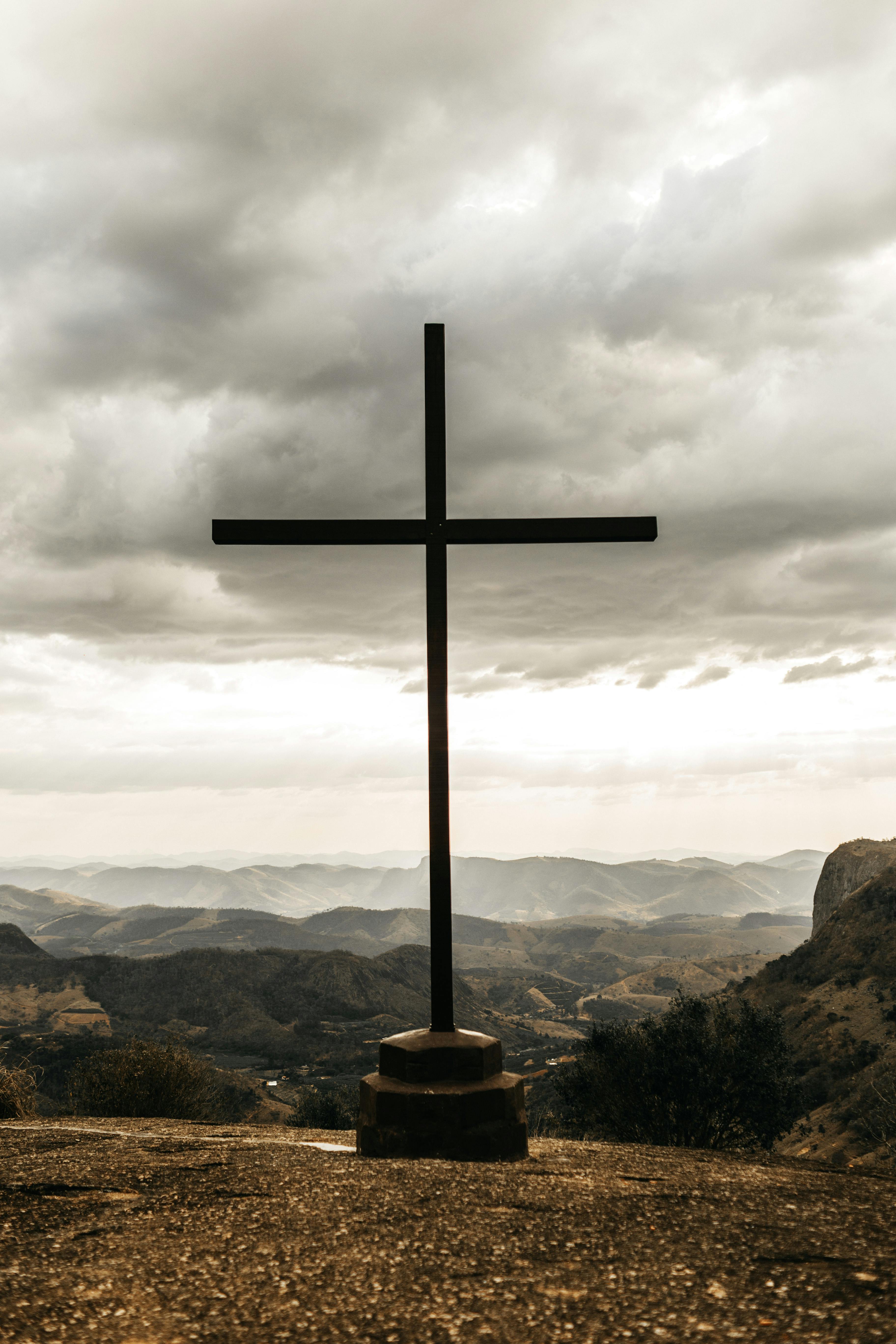
 Ben Hooper is originally from Maryland, having been adopted from Korea and growing up in the Catholic faith. He went to Franciscan University to dive deeper into his faith and eventually graduated with a degree in Business Management. He loves musical theater, sports, spending time with his fiancé Lily and their dog Kolbe.
Ben Hooper is originally from Maryland, having been adopted from Korea and growing up in the Catholic faith. He went to Franciscan University to dive deeper into his faith and eventually graduated with a degree in Business Management. He loves musical theater, sports, spending time with his fiancé Lily and their dog Kolbe.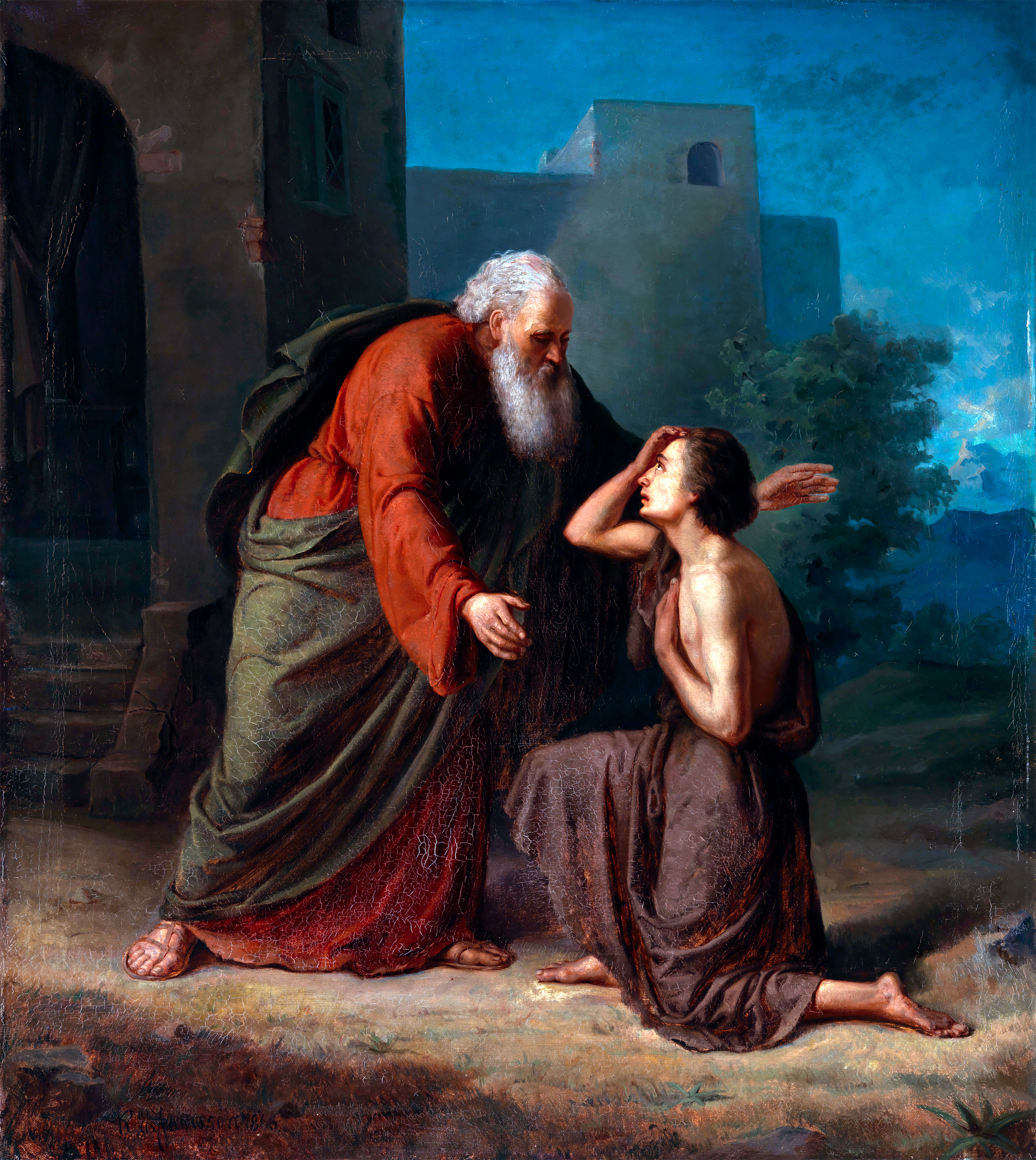
 Nicole Berlucchi is a faith and family blogger (
Nicole Berlucchi is a faith and family blogger (
 Merridith Frediani loves words and is delighted by good sentences. She also loves Lake Michigan, dahlias, the first sip of hot coffee in the morning, millennials, and playing Sheepshead with her husband and three kids. She writes for Catholic Mom, Diocesan.com, and her local Catholic Herald. Her first book Draw Close to Jesus: A Woman’s Guide to Adoration is available at Our Sunday Visitor and Amazon. You can learn more at
Merridith Frediani loves words and is delighted by good sentences. She also loves Lake Michigan, dahlias, the first sip of hot coffee in the morning, millennials, and playing Sheepshead with her husband and three kids. She writes for Catholic Mom, Diocesan.com, and her local Catholic Herald. Her first book Draw Close to Jesus: A Woman’s Guide to Adoration is available at Our Sunday Visitor and Amazon. You can learn more at 
 Deanna G. Bartalini, M.Ed.; M.P.A., is a certified spiritual director, writer, speaker and content creator. The
Deanna G. Bartalini, M.Ed.; M.P.A., is a certified spiritual director, writer, speaker and content creator. The 